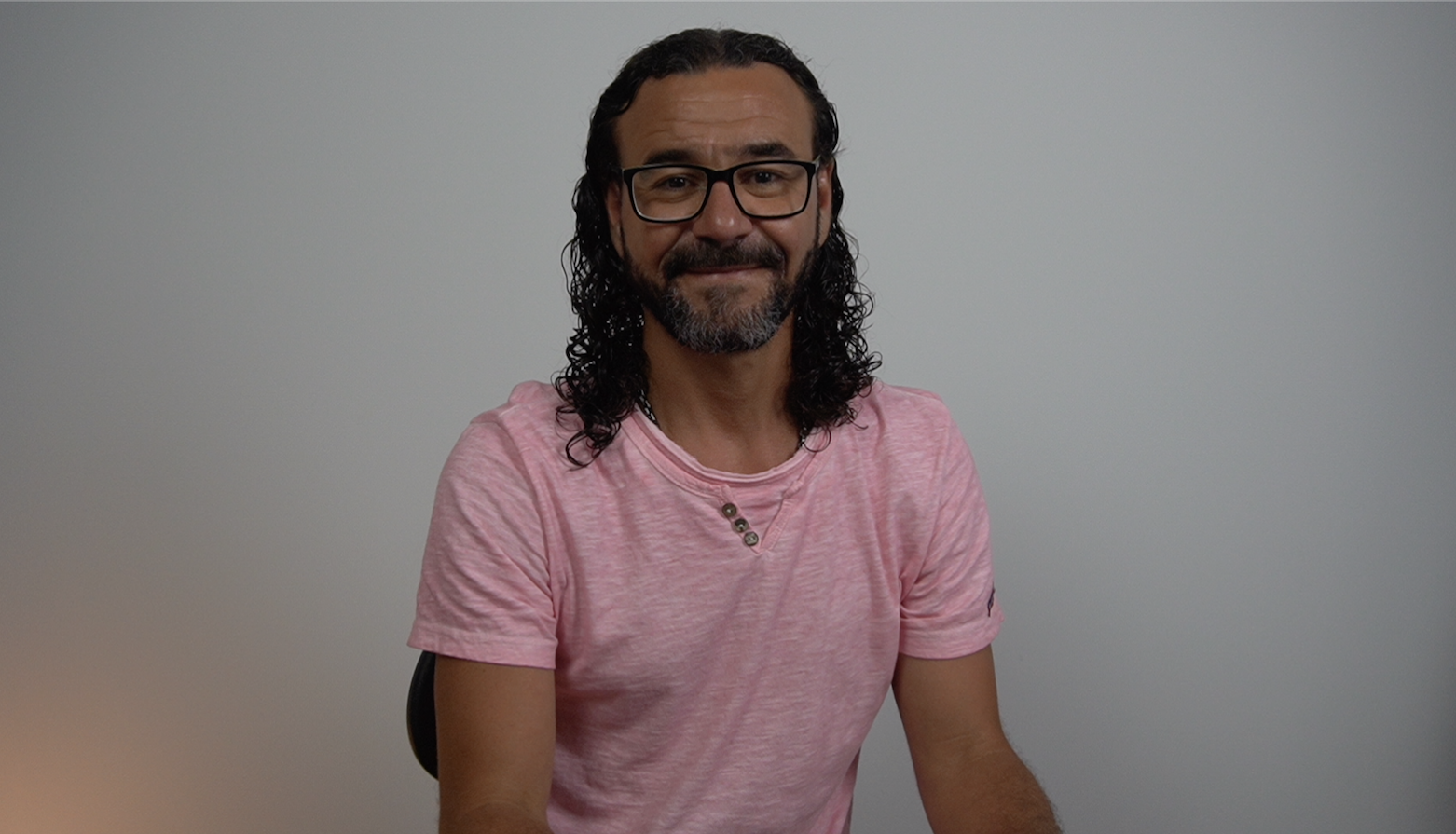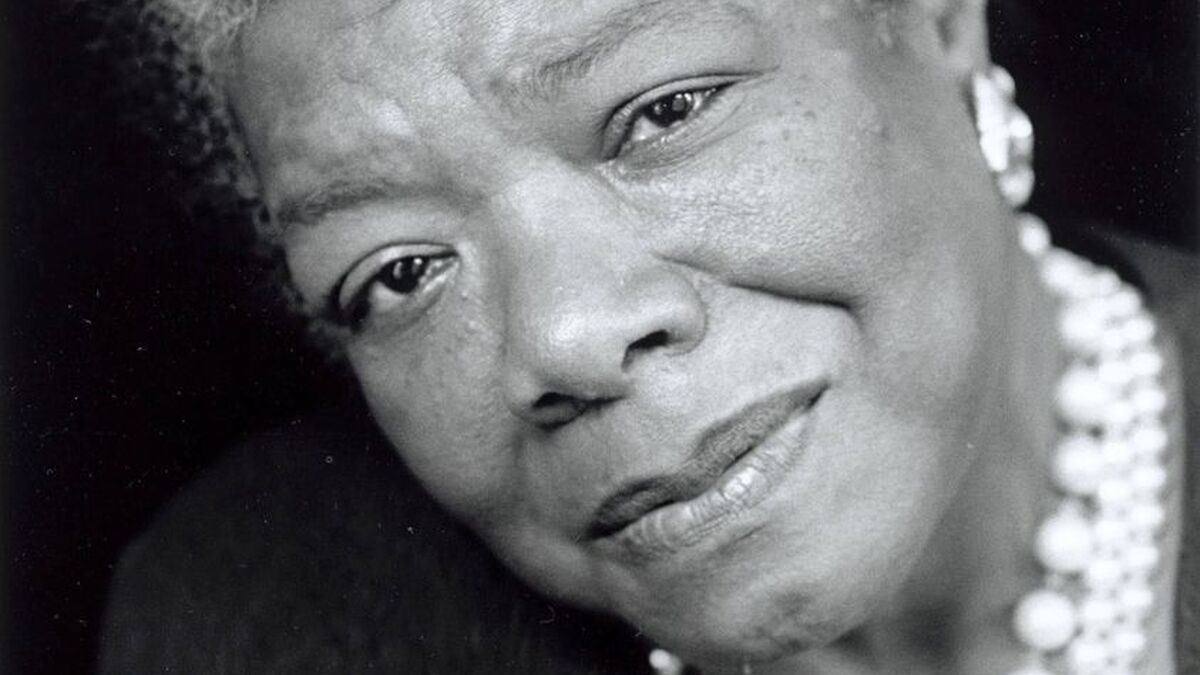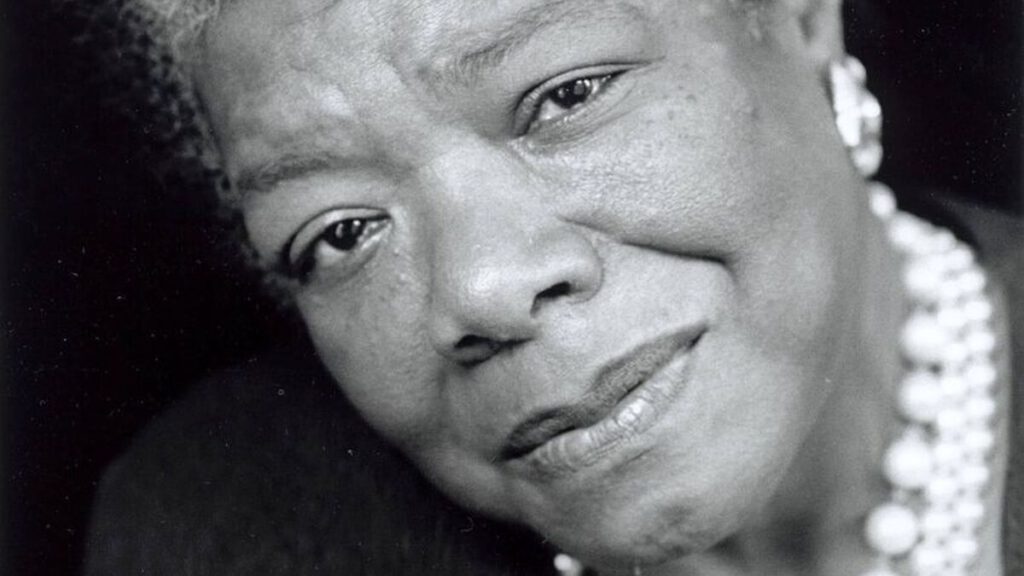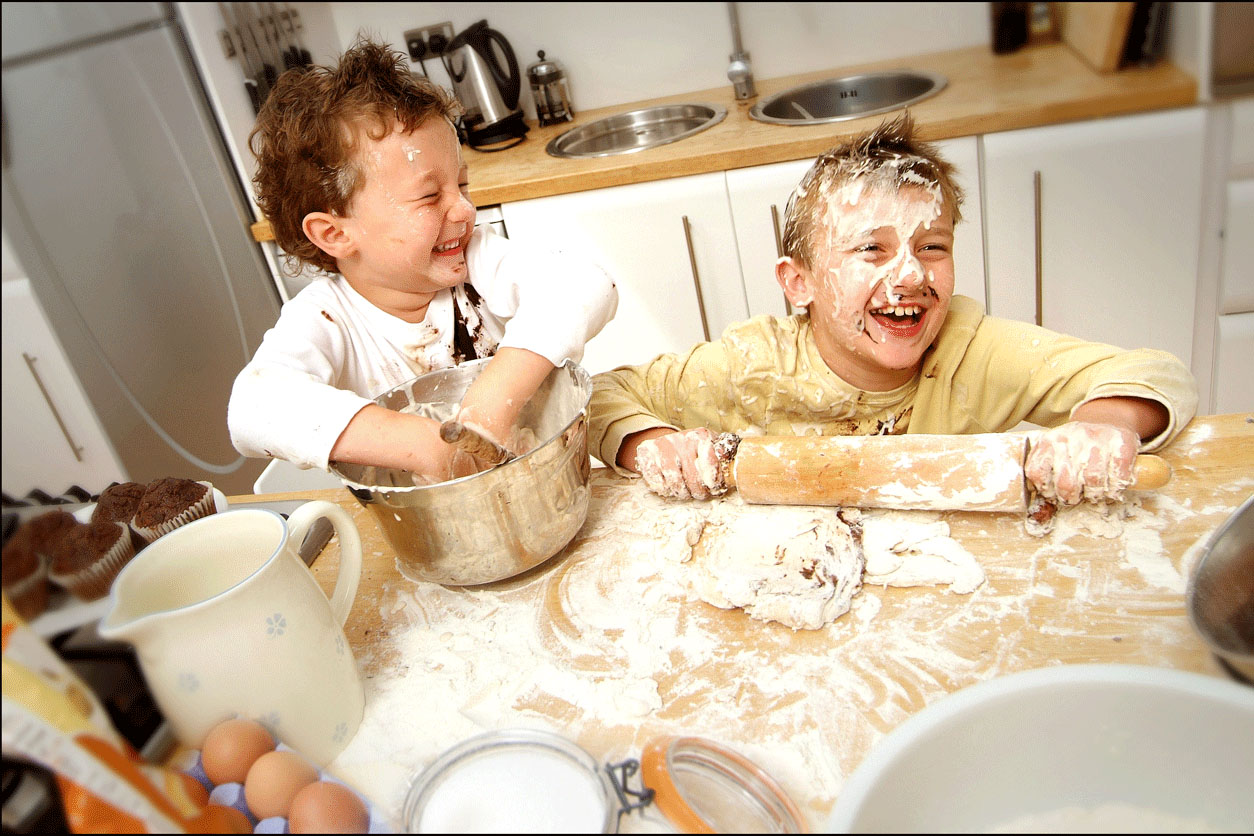Tag: Emotional Fitness
Things Will Never Be the Same

But we can emerge from painful experiences a little wiser.
Wisdom for Teams #36


—
I can be changed by what happens to me. But I refuse to be reduced by it.
—
MAYA ANGELOU (1928 – 2014), American poet, memoirist, and civil rights activist.
Wisdom for Teams #34


—
Turn your wounds into wisdom.
—
OPRAH WINFREY (1954), American talk show host, television producer, actress, author, and philanthropist.
Wisdom for Teams #24


—
“That’s what I consider true generosity. You give your all, and yet you always feel as if it costs you nothing.”
—
SIMONE DE BEAUVOIR (1908 – 1986), French writer, existentialist philosopher, political activist, feminist, and social theorist.
How’s Your Psychological Immune System?


Photo by Zachary Kadolph on Unsplash
I recently listened to a guided meditation where William B. Irvine, an expert in Stoic philosophy, explained the idea of a psychological immune system. Imagine Billy, a child who grows up never being exposed to anything unpleasant, never receiving any bad news, never criticised or insulted, and always having someone solve his problems. What will happen to the adult Billy when he goes out into the world? How will he deal with setbacks?
—
Whereas the biological immune system protects us from sicknesses caused by germs, the psychological immune system protects us from the unpleasant emotions that are triggered by life’s setbacks.
—
The world is imperfect, which means shit will happen. So it seems wise to strengthen our psychological immune system in order to better deal with setbacks. How can we do this?
- Psychological vaccination: Irvine suggests we regularly use the Stoic technique of entertaining negative thoughts, like imagining losing something or someone. Or recognising that our lives could be much worse and imagining what that would look like. He says we don’t want to dwell long on these negative thoughts, but for it to be flickering moments. These thoughts work like a vaccine, preparing our psychological immune system for life’s setbacks. Another Stoic technique he recommends is called “the last time”. I talk about it in this video here.
- Psychological exposure: Another way to develop our psychological immune system is to expose ourselves to “germs”. This means deliberately moving out of our comfort zone, and doing things that are physically and/or emotionally uncomfortable. For some people, karaoke in front of a big crowd will do the trick.
—
In what shape is your psychological immune system? A good measure is how often you feel outraged or lose control to anger. Another is the average mood of your mind. Is it tranquility and confidence, or agitation and anxiety?
—
It’s naive to think we’ll live without setbacks. Preparing for them by strengthening our psychological immune system is the wise thing to do.
Two Meditation Mistakes and a Gift


Photo by Afonso Coutinho on Unsplash
Many people who take my workshops practice meditation. I often ask what they try to do when they’re meditating. I can’t remember an answer that has not gone along the lines of “putting my mind in blank” or “focusing on the breath to stop my thoughts”. This is a mistake.
We can’t stop our mind no more than we can stop our heart. Mindfulness is the ability to notice what is going on in our mind and to pay close attention to sensations. Meditation can help us become more mindful. But this is not the same thing as wanting to eliminate thoughts.
The other mistake — much more harmful — has to do with the purpose of meditation. Meditate? What for? A friend of mine is going through a life crisis. I was happy to hear he took up meditation. It’s been months and as time goes by I’ve noticed that things aren’t moving forward. He seems distant and phased out. And it does not seem like he’s doing much to improve his life.
This saddens me and I can’t help but wonder whether meditation has not become for him, and perhaps other people, a form of escapism, a mental distraction from daily life, especially from the hard bits. This is not the purpose of meditation. In fact, the purpose is the exact opposite — to improve the quality of our mind so that we improve the quality of our life, not run away from it.
—
Conclusion: Assume a critical stance toward ideas about meditation. Assess the effects that they can have on your life. Reflect deeply. Break it down. Play the devil’s advocate. Then… meditate.
—
PS: For the past 27 years I’ve been fanatically curios about the nature of our mind. Daily meditation was part of my formal education in the seminary. I’ve been a practitioner for the past few years. If you’re looking for a reliable resource on meditation, check out Waking Up.
A Big Heart, Do You Have One?


—
Every Wednesday evening two friends, Alex and Florian, and I meet for our stammtisch, a German tradition where friends regularly get together to hang out and drink. We do it via Zoom and we’ve been at it for months. We sometimes have a guest, and we always end up having interesting conversations. Last week’s topic was — you guessed it — big-heartedness.
In good philosophical tradition, we started by defining what we consider to be a big heart:
—
Big hearts have an irresistible passion to serve others regardless of their status, without expecting any reward.
—
Then we asked ourselves whether people are born with a big heart. Though genes may play a role, we had no doubt that life is the great creator of big hearts.
—
We are not born with a big heart. We grow into it.
—
The next step was then to explore factors that make us grow into big hearts and to identify what is it about these factors that help the heart grow. This is what we uncovered:
- Role models with big hearts
- Environments of friendship
- Experiences of service
- Downfalls in life that we breakthrough
—
The final question we addressed was whether there is a point in life after which we can no longer grow the heart. We searched our “big heart database” and concluded that, provided the above factors, it is never too late.
—
There is no deadline to grow our heart.
—
So where are you on your big heart journey?
Can you identify your big heart role models and environments?
What experiences and breakthroughs have helped you grow into a bigger heart?
Join the LinkedIn conversation here.
3 Hacks to Manage Mess in Life


—
On Friday I gave an online workshop for Amazon’s Recruiting Team for Europe, the Middle East and Africa. It was about self-care and self-investment, and my premise was that any life worth living will regularly get messy just like the kitchen gets messy when we use it.
The key then to wellbeing is not to try avoid the mess, but to care and invest in ourselves so as to be emotionally fit when the mess happens. I shared with them several shortcuts for emotional fitness. Here are three that require little effort but have a massive, massive, massive impact in our wellbeing.
- Sleep: Matthew Walker, sleep expert and author of the book “Why We Sleep”, recommends we give ourselves the opportunity of 7 to 9 hours of sleep every night. He says that the pillars of a healthy body are not diet, exercise and sleep, but just diet and exercise, because sleep is the foundation.
- Gratitude: It’s very difficult, if not impossible, to feel grateful and at the same time anger, fear or sadness. Gratitude energizes us to deal with life’s challenges. This is why I recommend starting the day by bringing to mind a few things we can be grateful for, and to connect with the emotions that this generates. This will set us up to deal with what comes our way during the day.
- Hanging out with TRUE friends: There is a growing body of evidence about the vital role of friendship in overcoming challenges. Introverts or extraverts, we are all social beings. Helen Keller said that she would rather walk with a friend in the dark, than alone in the light. The Beatles nailed it when they suggested we get by with a little help from our friends.
Life will always give us challenges that require we reinvent ourselves. Things will break down. People will let us down.
The key to a balanced life lies in being ready for these inevitable events, for any life worth living is a messy life.
Discover How Altruistic You’ve Been Lately


—
Every year for the past nine years, I coach the students of the Executive MBA Persuasive Communication Program from IESE Business School in Barcelona. Inevitably every year the question about how to deal with nerves comes up.
I begin by saying that whether we intend to or not, nerves are an act of egocentrism because the spotlight is placed on us as the speakers. The alternative is to shift the spotlight to our audience and our message.
If we focus on giving the gift of our message to our audience so that they walk away better off, we stop thinking about ourselves. No more nerves — our mind is engaged in something much more important.
We move through life in a similar way. We either put the focus on ourselves or shift the spotlight to making other people’s lives better. In the first case, we can end up obsessing over ourselves and our life, we can end up feeling dissatisfied with how far we are from where we planned to be.
In the second case, we are engaged in something that is greater than us, which gives us meaning and the necessary resilience to face the challenges that life throws at us.
On who do you shine the spotlight?
Here’s a exercise that might indicate where you’ve been putting the light. Access the photos on your smartphone. Who tends to be in the spotlight: you or others?
An Unpublished Song for 2020


—
Two weeks ago, Antonio Monteiro reached out to me in response to my blog post on to How to Use Our Problems to Feel Grateful. Antonio and I go back to the days when I was priest.
More recently we’ve been in touch since I gave a series of workshops at the Air Traffic Control Centre where he works an Aeronautical Information and Communications Technician.
Antonio shared with me a song he composed this summer. The lyrics were written by his brother, Fernando. I asked them to post it here because it has a powerful message for this tough year. Click below to have a listen. Thank you, Antonio and Fernando.
—
—
Stop watching the news, boy
Step into the light
So many beautiful things
Waiting to brighten up your eye
Discover those moments
You cherish the most
Smile every time you can
Even when it’s so hard, man
And live every moment
Like it’s your last
The future is in you
No control over the past
Stop watching the news, girl
You’re better that
Lookout for that sunshine
That always warms the truth
Laugh more with your friends
Embrace every hug
Be grateful for what you have
Even when it’s not so much
And live every moment
Like it’s your last
The future is in you
No control over the past
Stop watching the news, boy
Stop watching the news, girl
Get out there and love life
Everything will be alright
Stop watching the news, girl
Stop watching the news, boy
Get out there and love life
Everything will be alright

